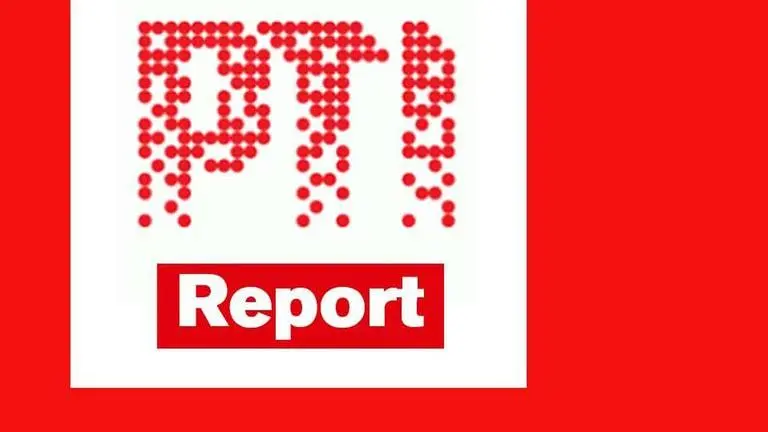Updated 25 September 2020 at 22:08 IST
'WHO backed China for emergency use of COVID-19 experimental vaccines as early as in June'
China secured the WHO’s backing for the emergency use of COVID-19 experimental vaccines as early as in June to protect the people from the pandemic even though the clinical trials had not been completed, a top health official said on Friday.
- World News
- 3 min read

China secured the WHO’s backing for the emergency use of COVID-19 experimental vaccines as early as in June to protect the people from the pandemic even though the clinical trials had not been completed, a top health official said on Friday.Zheng Zhongwei, head of medical science development at the National Health Commission, told reporters here that the World Health Organisation gave its support to China for its emergency use of vaccines in late June, Hong Kong-based South China Morning Post reported.
According to Zheng, the commission proposed the emergency use of the vaccines in mid-June to protect people in high-risk occupations such as frontline health workers, border officials and overseas workers.The vaccines still had to complete phase 3 of the clinical trials but the State Council approved the proposal on June 24.
“After the approval, on June 29, we had a communication meeting with the relevant representatives of the WHO office in China, and obtained understanding and support from the WHO,” Post quoted Zheng as saying.
He said that the approval strictly abided by China’s vaccine and pharmaceutical laws and used the WHO standards as a guide, adding that there were "no severe adverse events" from the injections.The WHO faced stringent criticism especially from US President Donald Trump who accused it of being a puppet of China for not acting in time to halt the spread of the COVID-19 when it broke out in the Chinese city of Wuhan in December last year. Trump has also pulled the US out of the WHO.
In his address to the UN General Assembly on September 23, Trump also attacked the WHO, saying it is “virtually controlled by China”. Last week, Yang Xiaoming, Chairman of China National Biotec Group, which had obtained approval to start the phase 3 trials for its coronavirus vaccine candidates in the UAE, said 350,000 people had been injected with the experimental vaccines under the scheme.
Advertisement
Yang Sheng, Deputy director of the National Medical Products Administration's drug registration bureau, said that four China-developed COVID-19 vaccines have begun the final stage of human trials overseas after obtaining approval from the foreign authorities.China has been focusing on developing five types of vaccines and each method has at least one entering clinical trials. In total, 11 vaccine candidates are in different stages of testing, Yang was quoted as saying by state-run China Daily.
Zheng said China’s annual capacity to make COVID-19 vaccines was expected to reach 610 million doses this year and 1 billion doses by 2021. He offered no details on how the doses would be distributed.
Advertisement
Facing global adversity over the mass spread of the coronavirus, China plans to have diplomatic offensive, offering its vaccines specially to a number of smaller countries at affordable costs.
China did not join the COVID-19 Vaccine Global Access (Covax) alliance to ensure equitable access to COVID-19 vaccines.Zheng said China had been a supporter of Covax.Chinese representatives recently held a videoconference with the WHO, Gavi, the Vaccine Alliance and the Coalition for Epidemic Preparedness Innovations – which together founded Covax – on vaccine production and development.
“We communicated in full detail about vaccine development, production and distribution. We will continue the close communication with these organisations to promote COVID-19 vaccines to become a global public good,” Zheng said.
He said China would set an “affordable” price for vaccines for the public, with higher priority given to essential workers such as couriers and people handling frozen food, then people at high risk of COVID-19, including children, pregnant women and the elderly.
Published By : Press Trust Of India
Published On: 25 September 2020 at 22:08 IST
